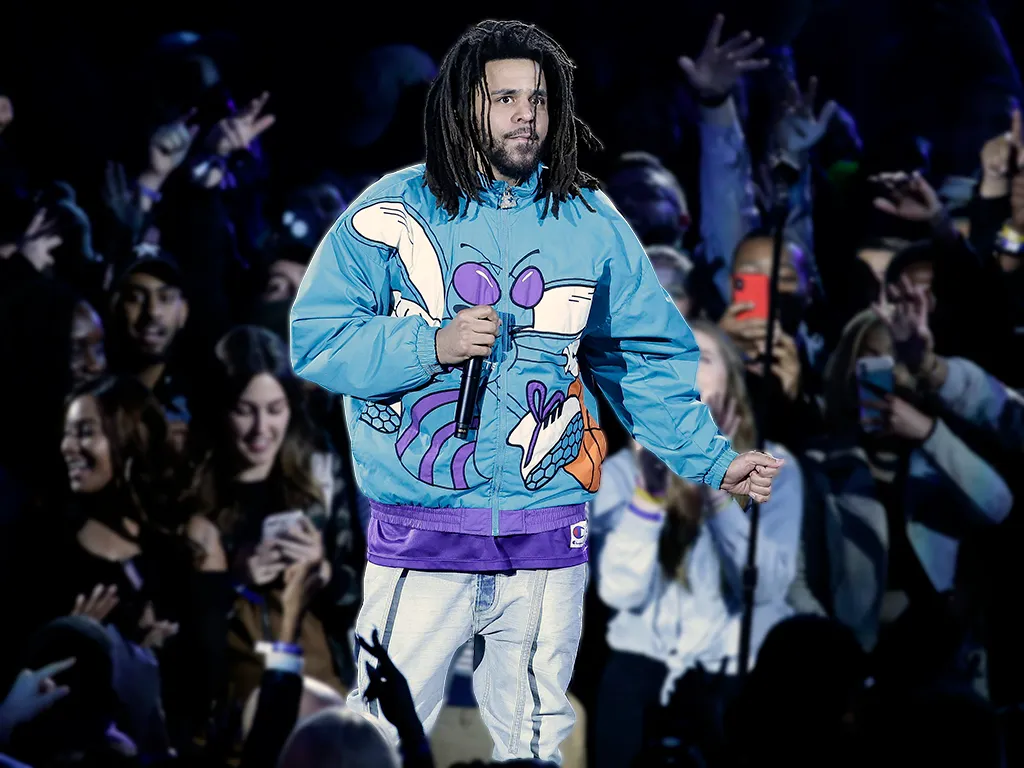In the ever-evolving landscape of hip-hop, tensions often run high, and allegiances are fiercely defended. Recently, the Dreamville camp launched a scathing attack on critics who they claim have been guilty of hypocrisy in their assessments of J. Cole. The catalyst? A surprising apology from Kendrick Lamar that ignited a firestorm of debate within the hip-hop community. As the dust settles, it’s time to dissect the controversy, examine the accusations, and explore the implications for both artists and critics alike.
The Kendrick Factor: Stirring the Hornets’ Nest
When Kendrick Lamar, one of hip-hop’s most revered figures, publicly extended an olive branch to J. Cole, it was bound to make waves. Lamar’s apology for past misunderstandings between the two artists sparked a flurry of reactions, ranging from applause to skepticism. However, it was the response from some critics that truly set the stage for confrontation. While many lauded Lamar’s gesture as a sign of maturity and unity within the rap community, others seized the opportunity to reassess J. Cole’s legacy in a less-than-flattering light.
A Swift Turn of Events: Dreamville Strikes Back
As the rumblings of criticism grew louder, the Dreamville camp wasted no time in hitting back. Led by Cole himself, artists associated with the label took to social media and interviews to call out what they perceived as a glaring double standard. They argued that critics who once hailed Cole as a savior of “conscious rap” were now quick to dismiss his contributions at the first sign of controversy. The outcry from Dreamville was not merely a defense of one artist but a broader indictment of the fickleness of hip-hop fandom and the media that feeds it.
The Anatomy of Critique: Unpacking Bias and Expectations
At the heart of the controversy lies a fundamental question: what are the criteria by which we judge artists, and are those criteria applied consistently? Critics play a pivotal role in shaping public opinion and influencing the trajectory of an artist’s career. However, they are not immune to biases, both conscious and unconscious, that color their assessments. In the case of J. Cole, his meteoric rise from underground mixtapes to mainstream success has invited a level of scrutiny that few can withstand without stumbling.
The Legacy Conundrum: Wrestling with Expectations
For J. Cole, the burden of expectation has been both a blessing and a curse. From his early days as a hungry rapper on the come-up, he was hailed as a breath of fresh air in an industry often criticized for its lack of substance. His introspective lyrics and socially conscious themes endeared him to a generation hungry for authenticity. However, as his star continued to rise, so too did the weight of expectation. With each album release, fans and critics alike dissected his every word, searching for signs of growth or stagnation.
The Pitfalls of Pigeonholing: Beyond Labels and Categories
One of the most enduring criticisms leveled against J. Cole is his perceived reluctance to embrace the trappings of traditional stardom. Unlike his peers who flaunt their wealth and indulge in the excesses of fame, Cole has remained steadfast in his commitment to authenticity. Yet, this very refusal to conform to stereotypes has also been used against him. Critics have accused him of being preachy, boring, or lacking in star power, simply because he doesn’t fit neatly into their preconceived notions of what a hip-hop artist should be.
The Evolution of an Artist: Embracing Change and Growth
Despite the controversies and criticisms, one thing remains undeniable: J. Cole’s evolution as an artist. From his early mixtapes like “The Warm Up” to his most recent album “The Off-Season,” Cole has demonstrated a willingness to push boundaries and challenge himself creatively. Each project has seen him delve deeper into his own psyche, grappling with issues of fame, success, and personal identity. While not every experiment has been met with universal acclaim, there is a sense of authenticity to Cole’s journey that resonates with fans on a profound level.
The Power of Unity: Finding Common Ground
In the midst of the chaos, there is an opportunity for reflection and reconciliation. The rift between J. Cole and Kendrick Lamar, however small, serves as a reminder of the importance of unity within the hip-hop community. As fans, critics, and artists, we must resist the temptation to pit our favorites against each other in a never-ending quest for dominance. Instead, we should celebrate the diversity of voices and styles that make hip-hop the vibrant and dynamic art form that it is.
Conclusion: A Call for Dialogue and Understanding
The Dreamville controversy serves as a microcosm of larger issues within hip-hop and society at large. It’s not just about J. Cole or Kendrick Lamar; it’s about the way we perceive and judge artists, the role of criticism in shaping public opinion, and the power dynamics at play within the industry. As the dust settles and tempers cool, perhaps it’s time for a more nuanced conversation—one that acknowledges the complexities of artistry and the humanity behind the music.
In the fast-paced world of hip-hop, controversies come and go, but the lessons we glean from them can endure. As the Dreamville camp and its critics continue to spar, one thing is certain: the conversation is far from over.

